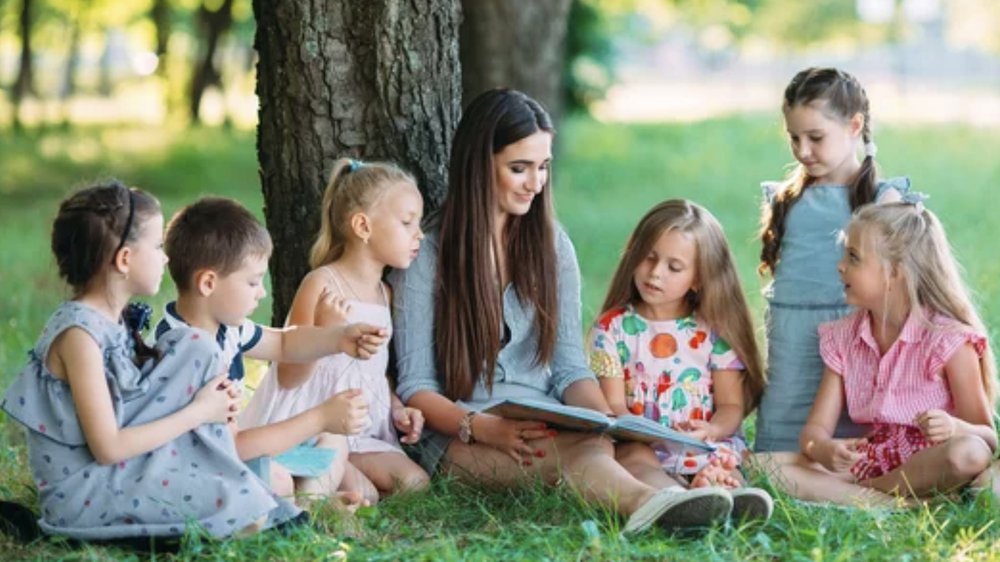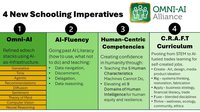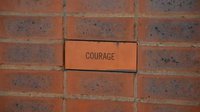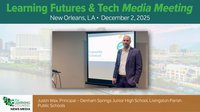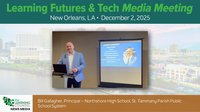Do students need to go to reading, math summer camp? What to know about new rules- By Tricia Crain Powell, AL.com
Summer is here. The regular school year has ended. But Alabama’s public schools are cranking back up for elementary summer reading and math camps.
These camps are designed for elementary school students who have been identified as having a deficiency in one or both subject areas. They’re especially important for the roughly 5,000 third graders who are not reading on grade level.
And for the first time, Alabama students may be asked to do math camp.
Parents should have been notified some time within the last couple of weeks of school that their child needs to attend either a reading or math camp. If you have questions about whether your child should be enrolled, ask your child’s school.
School officials can invite any child who is struggling with reading or math, but will target those whose test scores fell below a certain benchmark.
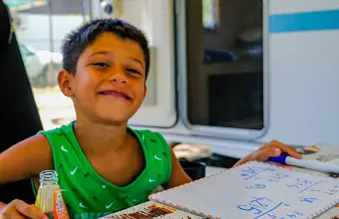
State-funded preschool in Rhode Island is a maze. But one engineered with a purpose. – By Alexander Castro, Rhode Island Current
The poet Emily Dickinson once wrote, “To wait an hour/is long.”
How about two months? That’s how long Vanida Phrathep, a Providence mother of three, sat on proverbial pins and needles, wondering if her then 4-year-old son Noah would get into state-funded pre-K.
“It’s the waiting that was really anxiety-provoking,” Phrathep said in a recent phone interview.
Her angst was due in part to the state’s method of assigning free seats for its pre-K program: A randomized lottery.
The word “lottery” implies something like a scratch ticket, whose foiled surface favors no one in particular. But since its debut 15 years ago, the RI Pre-K lottery has been not so much a gamble as it is a system engineered to educate the state’s youngest in economically and socially diverse environments.
When parents apply for state-funded pre-K, the application states the “lottery is not income dependent.” But how students are chosen is not left entirely to chance. Add in the fact that state-funded pre-K is not the only way to educate your 4-year-old, and you begin to see the densely layered landscape that is early childhood education in Rhode Island.
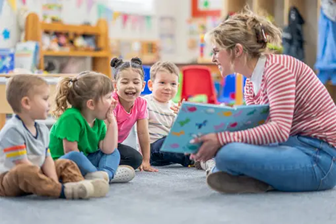
Michigan dyslexia bills move another step closer to becoming law – By Hannah Dellinger, Chalkbeat
Dyslexia bills supported by “science of reading” advocates moved Tuesday beyond all previous attempts to turn them into Michigan law.
Testimony for the two bills, which supporters say would help schools better identify and teach students with dyslexia or other reading difficulties, began in the House Education Committee Tuesday morning. The bills have already passed a vote in the Senate.
The legislation would require Michigan’s K-12 public schools and teacher preparation programs to use principles from the science of reading – a body of knowledge that emphasizes phonics in teaching kids to read, along with building vocabulary and background knowledge.
Previous iterations of the legislation had passed in the Senate in 2022, but never got to a hearing in the House Education Committee.
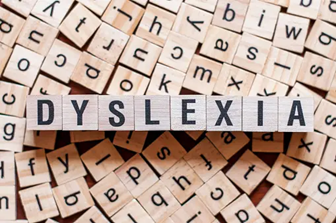
New tribal apprenticeship program provides a pathway to certify more local teachers – By Alena Naiden, Anchorage Daily News
A new program is working to provide a pathway for education workers in the Arctic and tribal communities around the state to transition into teaching, aiming to produce more local teachers and nurture a more stable learning environment for students.
A Tribal Educator Apprenticeship, developed by the nonprofit Arctic Slope Community Foundation, allows local paraprofessionals — trained aides who support teachers and students — to receive several levels of education, including getting licensed to teach preschool through third grade.
“It’s our way of getting our community members’ foot in the door if they want to climb the career ladder within a school system,” said Patuk Glenn, executive director of the foundation.
The new program includes on-the-job learning, mentorship, academic coursework and cultural training. It also accounts for the experience apprentices have. This year, 17 apprentices enrolled in the program: nine from the Northwest Arctic Borough, five from the North Slope and three from the Knik Tribe STEAM Academy.


